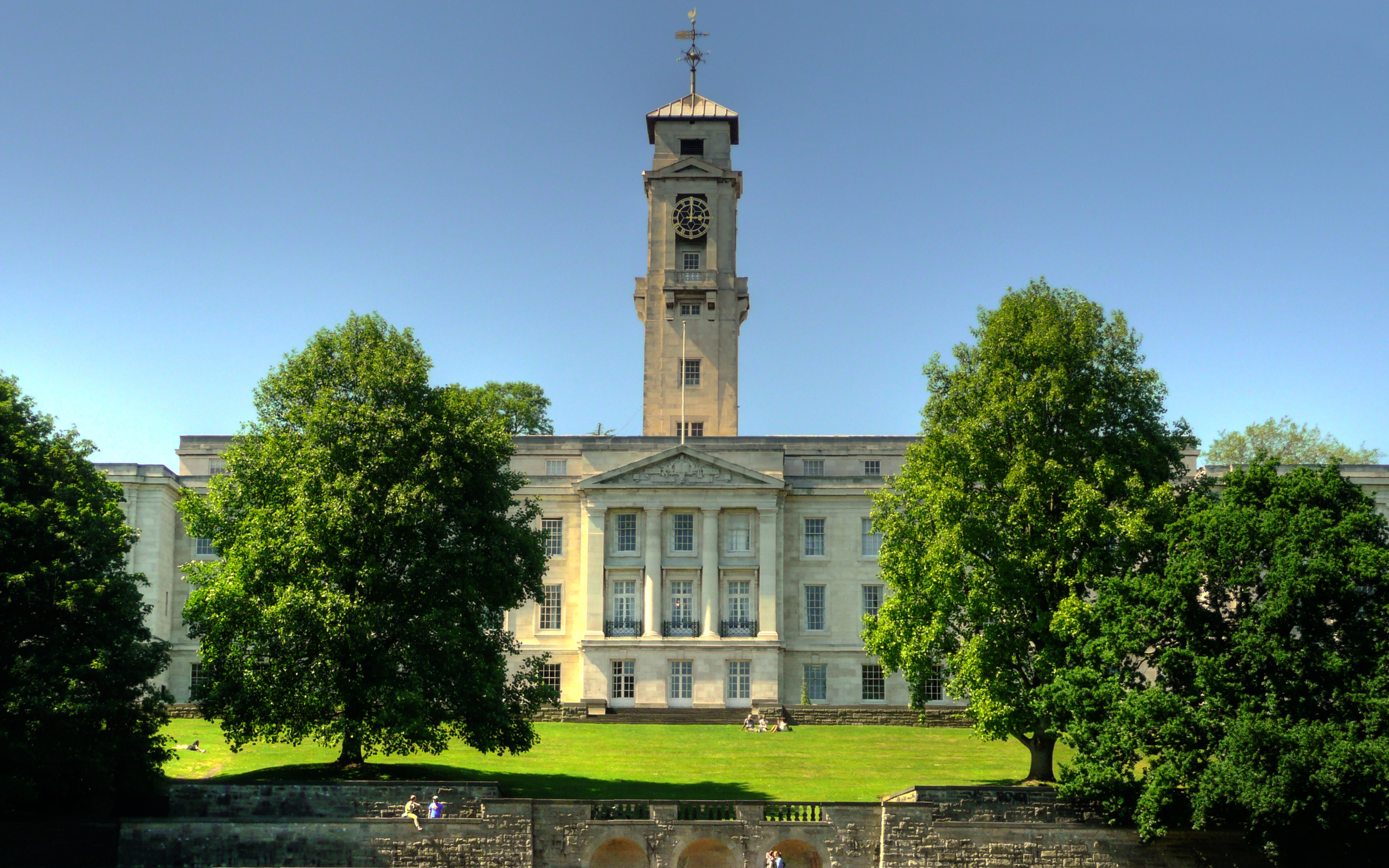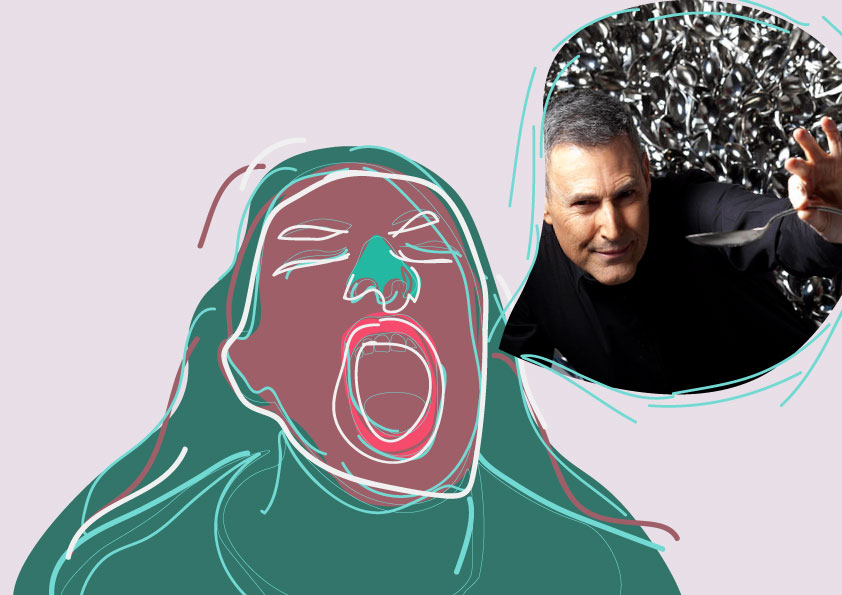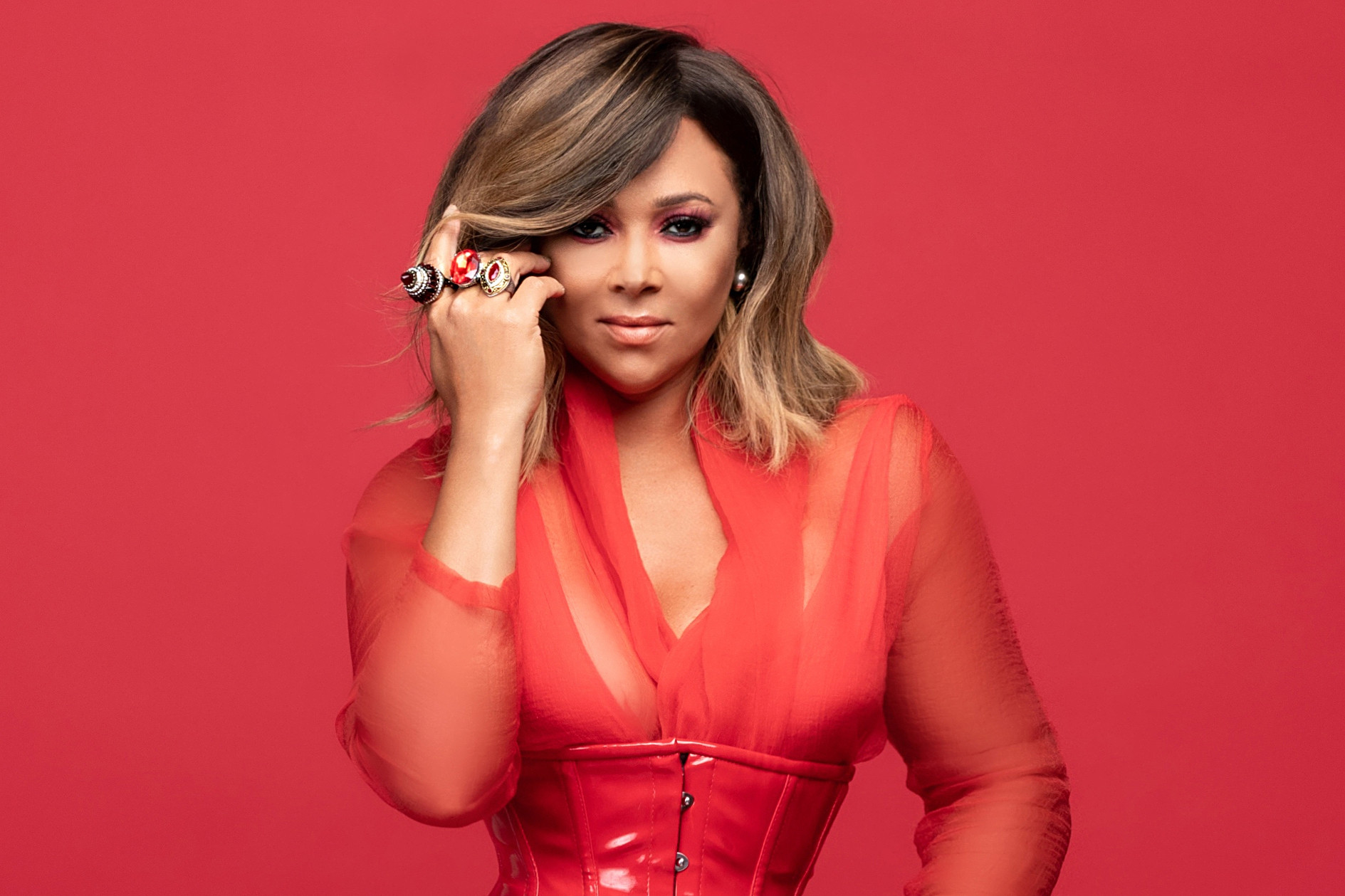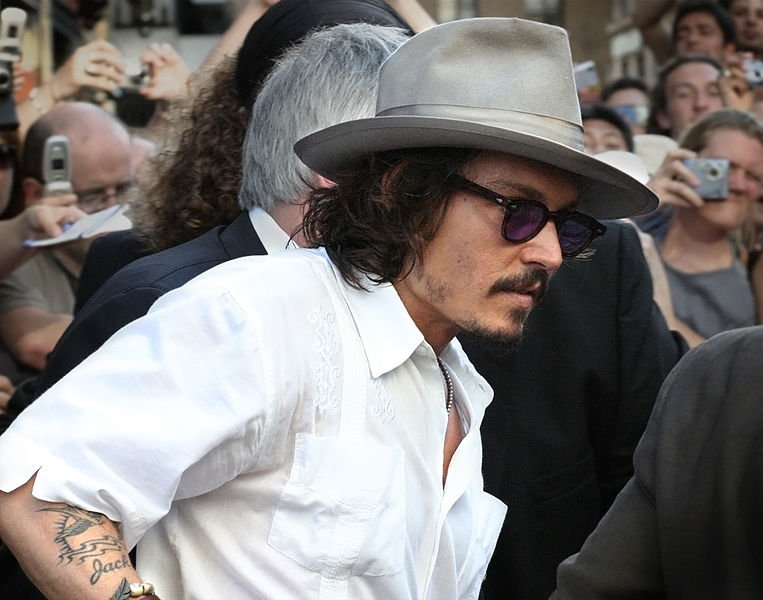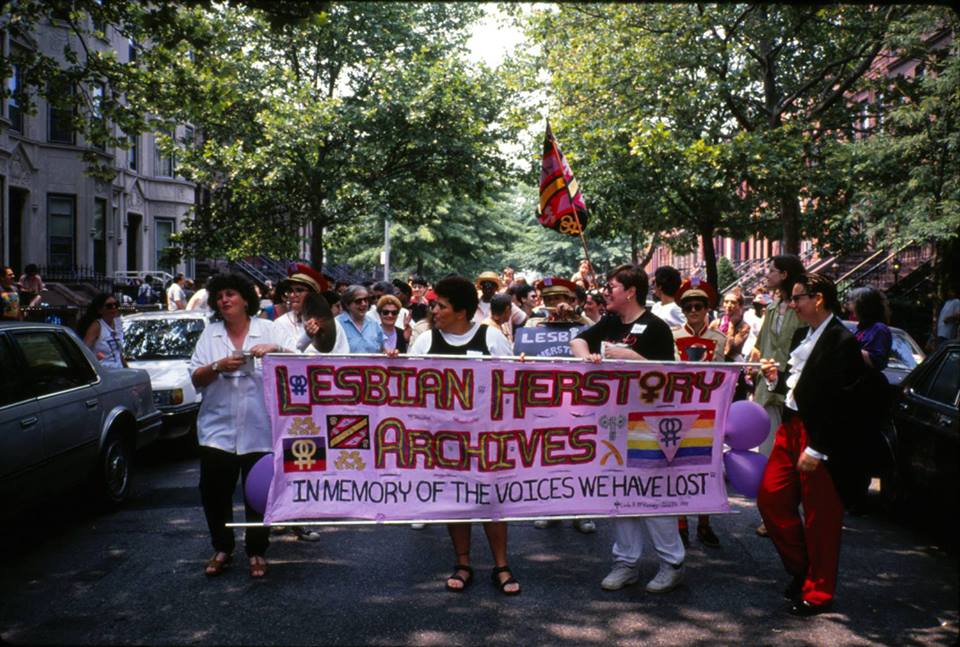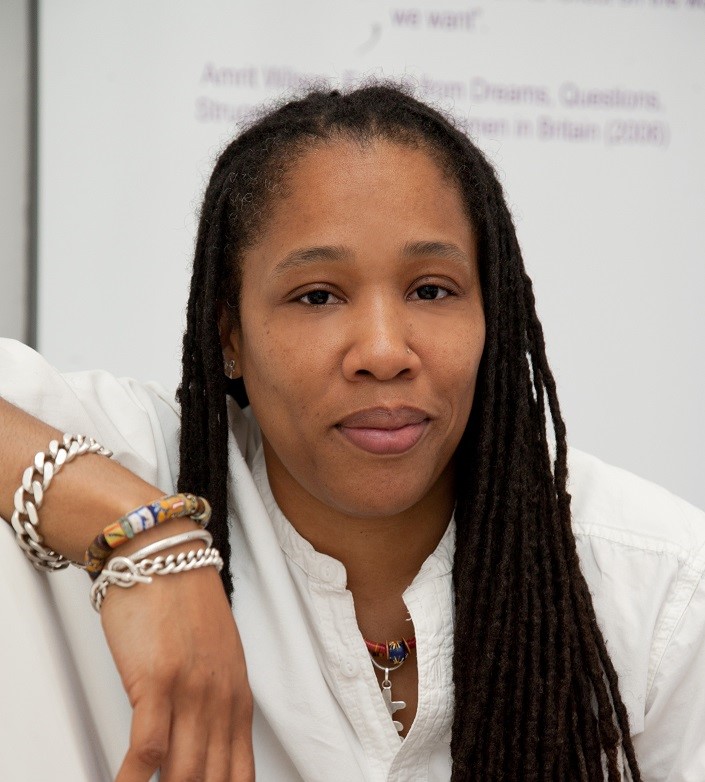
Last weekend, eight activists working to address violence against women – including #MeToo founder Tarana Burke – attended the Golden Globes as guests of high-profile Hollywood actors. The activists attended as part of the #TimesUp campaign, in a show of support for victims of sexual harassment and assault worldwide. Time’s Up was formed in response to a letter published by 700,000 women farm workers from the Alianza de Campesinas, in solidarity with women and men in Hollywood who have experienced harassment and assault.
Attending as Emma Watson’s guest was Marai Larasi, the Executive Director of Imkaan, a UK-based, BME-led feminist organisation dedicated to addressing violence against women and girls (VAWG). I sat down with Imkaan’s Sustainability Coordinator Jashmin Patel to learn more about Imkaan, and the importance of sustaining this crucial intersectional work.
Hey Jashmin. We saw Marai on the Golden Globes red carpet at the weekend. Can you tell us a bit about that?
Jashmin: It was surreal! It was great to see Marai walking the red carpet alongside seven other inspiring activists and organisers, the majority of whom are BME women with decades of experience supporting women facing violence from all walks of life. The eight activists who attended the Golden Globes all brought with them a unified message: that violence against women is a systematic issue, and women who live at the intersections of oppressions based on their ‘race’, economic status and migration status are often less able to call out the violence they face, and may not be able to access or afford the same support mechanisms such as police, healthcare, therapeutic support and criminal justice avenues that other women with more privilege can.
Of course, the Golden Globes is a very privileged space, so it’s refreshing to see high profile celebrities using their fame to lift up voices that are not normally given a platform, and to shine a light on the grassroots groups that are working without fanfare at local and national level to change the landscape for BME women. What Marai and the other activists who attended the Golden Globes as part of the #TimesUp campaign hoped to do was to shift the focus of conversations around sexual harassment and assault back to survivors and to focus squarely on systemic, lasting solutions that are appropriate for all women.
Could you let us know a little bit more about the work Imkaan does and the importance of the “by and for” model.
Jashmin: Specialist services run “by and for” women are vital lifelines for BME women and girls who have experienced violence. It is important for services to recognise cultural nuances, but it is also important that we do not define services as existing solely based on this. More broadly, our members provide an intersectional perspective on VAWG, which means they consider how multiple factors such age, class, ethnicity, sexuality and disability can affect women and girls’ journeys and experiences. Specialist services ensure that BME women and girls’ needs and voices are heard and recognised, which is particularly important in the current context of Brexit, austerity, the rise of Islamophobia, police brutality, and the awareness of women’s everyday experience of sexual harassment.
Whilst other VAWG organisations may offer services to BME women and girls, BME VAWG organisations are independent, safe spaces and holistic in their approach. The by and for model offers an empowering experience to women and children, as the service users are reflected in the staffing, management and governance structures of these organisations.
Imkaan uses the term ‘black feminist’ relating to political blackness. A lot of people see this as outdated and an academic term that ends up excluding the distinct experience of black people. Could you talk a little about Imkaan’s choice to use the term.
Jashmin: I appreciate the discomfort around this term, and we as an organisation and as individuals have gone on a journey with identifying as black feminists and we are in constant conversation about it at Imkaan.
But ultimately, our work is grounded in the concept of political Blackness, which our executive director, Marai Larasi, speaks about here:
“I choose to use political BLACKness, as Gilroy (2002) states, “as a phenomenon of assertive decolonisation”. This is not designed to mask the differences between us, or to dilute our activism, but rather for me is a pathway to connection and collective resistance. I believe that this is our best hope.The connections I have made with other Black feminist activists (Samoan, South Asian, Aboriginal women from Australia and more) who continue to live with the legacies of colonisation, have been a critical part of my own re-connecting to self. In sharing stories, herstories and dreams, we also identify shared/connected struggles. This sharing has offered a strength that I simply did not feel before, and an affirmation ‘we are not alone’”
Could you tell me a bit about the importance of second-tier organisations on the work of frontline groups?
Jashmin: Organisations like Imkaan help to “hold the line” between the State and vital BME women’s support services. Imkaan was created from two front-line BME services in 1998, who were often asked by other groups to do the important work of strengthening our collective voices and representing the BME VAWG sector at policy level. Since then, Imkaan has supported our members through strategic advocacy, development work, research, training and peer education. We are constantly working to “make the case” for BME women’s services to the government and commissioners, build a robust evidence base, support members to strengthen their practice…and more.
And are you government funded? How do organisations like Imkaan manage to operate?
Jashmin: With great difficulty! We have to rely on a various grant funding bodies and continuously be creative with how we fundraise. BME organisations are often smaller and less visible than generic organisations, which means they are less likely to be funded. However, BME organisations deliver invaluable in-depth specialist work which cannot be developed and delivered by more generic organisations.
On very rare occasions we have received government funding specifically for sustainability work; which we believe is appropriate – as the policies of successive governments have led to the decimation of the BME ending VAWG Sector. It is critical that governments resource our sector’s attempts to survive! However, we do not seek or expect funding from government for our strategic advocacy and other work which directly challenges the State. We do not expect or want the government to fund us to argue with them. We see the silencing effect that the funding regimes have on members, and we need to be able to speak out especially at a time when so many organisations are forced to be quiet.
How can we help keep this invaluable work going?
Jashmin: Like our members, we are constantly fighting to prove why we should exist, so gaining sustainable funding is really hard. One way that people can help us keep going is to donate to us so that we can generate income in ways that do not take resources away from member organisations.
Imkaan turns 20 this year and we’ll be marking our anniversary with a series of events, including fundraising to climb Mount Kilimanjaro (eek)! So please do donate whatever you can!
gal-dem will be holding a day-long fundraiser for Imkaan in central London on Sunday 4th March 2018. Check back to our Facebook Events for more information

Britain’s policing was built on racism. Abolition is unavoidable

How Pakistan’s Khwaja Sira and transgender communities are fearing and fighting for their futures

Their anti-rape performance went viral globally. Now what?


